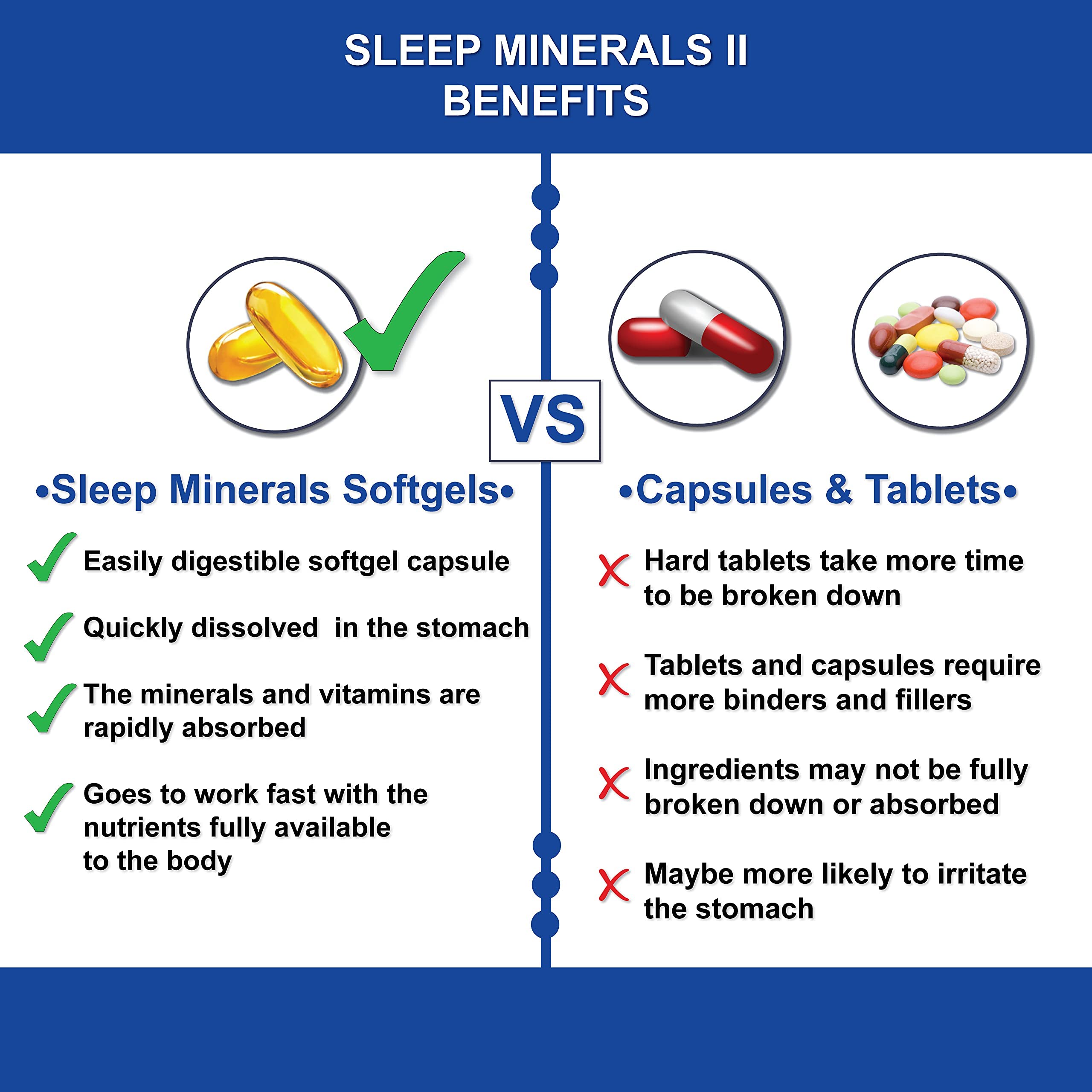Introduction
A good night’s sleep is essential for Spiritual meaning of dreaming about quince overall health and well-being. However, many people struggle with falling asleep or suffer from restless nights. In addition to maintaining a consistent sleep schedule and creating a calming bedtime routine, incorporating certain vitamins and minerals into your diet can promote restful sleep. These nutrients play a crucial role in regulating sleep patterns, reducing stress, and promoting relaxation.
1. Magnesium
Magnesium is an essential mineral that plays a crucial role in promoting healthy sleep. It helps relax the muscles and calm the nervous system, making it easier to fall asleep and stay asleep throughout the night. Lack of magnesium in the body can lead to insomnia and restless sleep. Consuming foods rich in magnesium, such as leafy greens, nuts, and seeds, or taking magnesium supplements can improve the quality of your sleep.
2. Vitamin B6

Vitamin B6 is necessary for the production of neurotransmitters like serotonin and melatonin, which regulate sleep patterns. Adequate levels of vitamin B6 can promote better sleep by enhancing the body’s natural sleep-inducing mechanisms. Foods like fish, poultry, bananas, and chickpeas are excellent sources of vitamin B6.
3. Vitamin D
Vitamin D deficiency has been linked to poor sleep quality and increased risk of sleep disorders like insomnia. This vitamin is crucial for regulating the body’s internal clock and promoting healthy sleep-wake cycles. Spending time outdoors in the sun and consuming foods fortified with vitamin D, such as fatty fish and fortified dairy products, can help optimize your vitamin D levels and improve sleep.
4. Calcium
Calcium is known for its role in promoting strong bones, but it also plays a significant role in sleep regulation. It helps the brain utilize the amino acid tryptophan to produce melatonin, a hormone that regulates sleep. Incorporating calcium-rich foods like dairy products, leafy greens, and tofu into your diet can contribute to a better night’s sleep.
5. Iron
Iron deficiency can lead to restless leg syndrome, a condition characterized by uncomfortable sensations in the legs and an uncontrollable urge to move them, often disrupting sleep. Including iron-rich foods like lean meats, poultry, beans, and fortified cereals can help prevent restless leg syndrome and improve sleep quality.
6. Zinc
Zinc is essential for neurotransmitter function and regulation, which includes those involved in sleep regulation. Low levels of zinc have been associated with sleep disturbances. Including zinc-rich foods like oysters, beef, pumpkin seeds, and lentils in your diet can help ensure adequate levels of this mineral for better sleep.
7. Potassium
Potassium is another mineral that can contribute to better sleep. It helps relax muscles and promotes a state of calmness, aiding in falling asleep faster. Consuming potassium-rich foods like bananas, avocados, potatoes, and leafy greens can help improve sleep quality.
8. Vitamin C
Vitamin C is not only known for its immune-boosting properties but also for its role in sleep regulation. It helps reduce the levels of stress hormones like cortisol, allowing your body and mind to relax for a restful sleep. Citrus fruits, strawberries, bell peppers, and kiwis are excellent sources of vitamin C.
9. Omega-3 Fatty Acids
Omega-3 fatty acids, particularly EPA and DHA, are beneficial for sleep. They help regulate serotonin and melatonin production, promoting better sleep quality. Consuming fatty fish like salmon, mackerel, and sardines, as well as walnuts and flaxseeds, can provide your body with these essential fatty acids.
Vitamins and Minerals for Restful Sleep
Summary
Ensuring an adequate intake of vitamins and minerals can significantly improve the quality of your sleep. Here are some key nutrients that have been linked to promoting restful sleep:
- Vitamin B6: This vitamin is involved in the production of melatonin, a hormone that regulates sleep-wake cycles. Good sources include bananas, chickpeas, and salmon.
- Magnesium: Magnesium promotes relaxation and helps calm the nervous system. Foods rich in magnesium include leafy greens, almonds, and dark chocolate.
- Calcium: Calcium helps the brain use tryptophan, an amino acid that aids in the production of melatonin. Dairy products, leafy greens, and tofu are excellent sources of calcium.
- Vitamin D: Vitamin D deficiency has been associated with poor sleep quality. Try to get some sunlight exposure or consume vitamin D-rich foods like fatty fish, fortified dairy products, and eggs.
- Potassium: Potassium helps relax muscles and promotes deep sleep. Bananas, sweet potatoes, and avocados are all great sources of potassium.
Incorporating a variety of foods rich in these vitamins and minerals can contribute to a more restful and rejuvenating sleep. How Recommended Site ever, it is always recommended to consult with a healthcare professional before making any significant changes to your diet or taking supplements.

Welcome to my website! My name is Jack Rosman, and I am a professional Dream Psychologist dedicated to helping individuals achieve better sleep, understand their dreams, and improve their overall well-being. With years of experience in the field, I am passionate about providing effective snoring solutions, sleep therapy, sleep supplements, and dream analysis to enhance the quality of your sleep and unlock the hidden messages within your dreams. Read More

